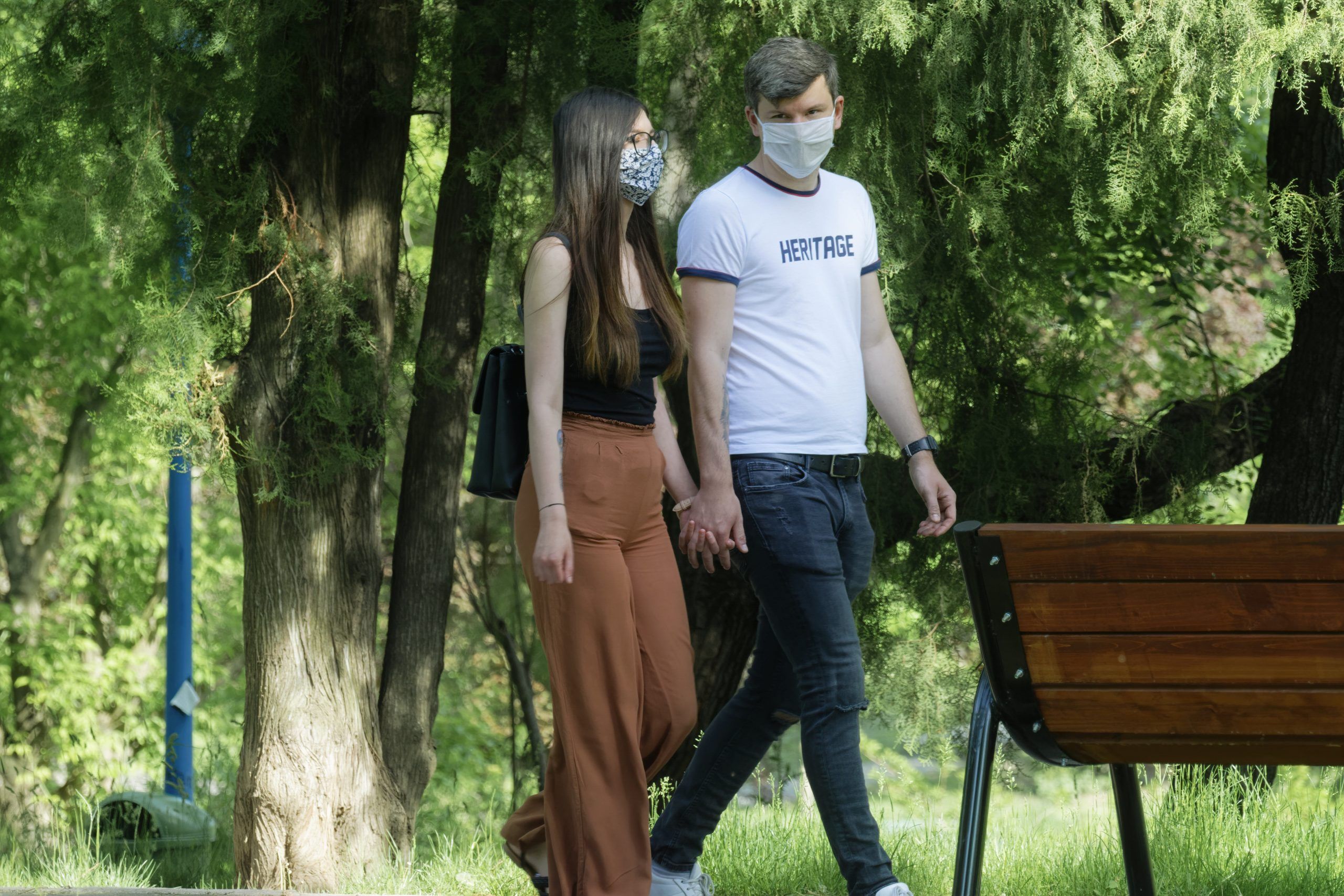Health officials are intensifying contact tracing for people who tested positive for the coronavirus, revealing they will call individuals to offer help and information.
The patient safety board said that accepting the offer of counselling or help with contact tracing is optional, but it encouraged people to take the assistance.
“Instead of waiting for the COVID-19 positive to contact us, we will now contact anyone who tested positive for COVID-19. This is why our new contact tracing unit will offer more active help with that task,” said Anette Lykke Petri, the acting head of the board.
Better contagion picture
Petri said the effort is important to create a more accurate contagion picture, which will lead to quicker action and systematic knowledge about testing patterns.
By tracing close contacts of those infected, health officials will also have a better knowledge of so-called virus hotspots and contain these.
They assured people that competent and experienced healthcare professionals will conduct the calls, counselling and contact tracing.
Coronavirus infection rate rises to 1.0
Denmark’s infection rate for the coronavirus has risen to 1.0, the National Board of Health said in a report on Wednesday. The infection rate measures transmission with 1.0 meaning that each person with the virus infects one other person they come into contact with. A rate of less than 1.0 means that the outbreak is subsiding. On June 2, the infection rate was estimated at 0.7. Virologist Søren Riis Paludan believes the rising infection rate resulted from Phase 2 of Denmark’s reopening. While the situation needs to be monitored, he said the country remained better off than in March and the infection rate could be kept as low as in previous weeks.
Next task: Sustainable COVID19 strategy
With health officials declaring the coronavirus epidemic in Denmark under control, the next task is coming up: a sustainable, long-term approach. The National Board of Health said the country needs an effective strategy that does not compromise people’s well-being and mental health. The board said the authorities must balance limiting community activities to prevent transmission and avoid negative effects on daily life. Good habits must also be maintained such as staying home when having symptoms of illness and observing proper hygiene.
Heat it up: Treatment for safe milk formula
Parents looking for a safe formula for babies who are not fully breastfed may benefit from new research on cow’s milk. A study from the DTU Food Institute found that heat treatment may produce effective and safe infant formula designed to prevent cow’s milk allergy in infants. Cow’s milk allergy is the most common food allergy among children that is associated with reduced growth. The study shows that heat treatment of milk proteins reduces their allergenic properties while building up a child’s tolerance to cow’s milk.
Danish researchers name harmful chemicals
Danish researchers launched a website listing chemicals that are harmful for hormones, contributing to global efforts to increase safety. So-called endocrine disrupting chemicals are mostly man-made and found in materials such as pesticides and personal care products, according to the World Health Organization. On June 2, the DTU Food Institute published a master list of these chemicals in a new website. Denmark is an international leader in the field. Its work with Belgium, France, the Netherlands and Sweden aims to help the EU craft regulation.
Mono plastic: Technology to recycle food packaging
A new project will develop technology to ensure that food packaging does not end up in the incinerator. Called Circular Mono Plastic Packaging, it will devise ways to produce so-called flexible packaging made from a single type of plastic that can be recycled three to five times. The project aims to reduce the burning of plastics and help manufacturers comply with an EU directive on sustainable packaging. The Innovation Fund invested 11 million kroner on the project, which includes Arla Foods and the DTU Food Institute.
Cheaper lactose-free products soon on shelves
People who are lactose intolerant might soon find cheaper and more natural food options. Researchers from the DTU Food Institute have developed a method to produce bacteria that can be used to make lactose-free or sugar-reduced dairy products. Unlike products on the market that use genetically modified micro-organisms, the DTU discovery is a natural way of making lactose-free dairy. It is also expected to be cheaper and to produce ice cream with better consistency. DTU is patenting the discovery while Arla is testing the bacteria with milk.
Long-term memories may be due to virus
Viral infections have caused death and destruction but some have led to key human functions. A University of Copenhagen study found that humans’ ability to store long-term memories is most likely due to a viral infection millions of years ago. The so-called arc protein found in human nerve cells evolved from a virus that infected ancient organisms, according to the study. Humans developed through evolution and now have the arc protein embedded in their genetic material. “That our development as a species has been so impacted by a virus is fairly wild,” said researcher Christian Parsbæk Pedersen.
Index shows richer people live longer
It’s not how educated but how rich you are that could determine how long you live. While most studies analyse life expectancy based on educational level, a new index forecasts that income and wealth tend to influence life spans. Economist Søren Kjærgaard developed the model and said that the richest people live four years longer than the rest of society. His index uses data from Danmarks Statistik from 1985 to 2016. The index has an impact on retirement policies with the retirement age continually rising as Danes live longer.













